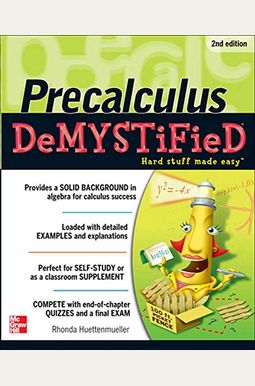Awesome that your son loves math. I completed the typical HS and College math courses required for engineering. I skill that I employed was to go through the textbook prior to setting foot in the classroom as I needed to see the material multiple times to learn it well and get an A. I did have trouble teaching myself higher math from the old textbooks though.
I'm sure that today's course material is easier to follow. One college math course I found really helpful was "Technical Math 2". I'm not sure if it still exists as a course as I experienced it, but it involved some very fun and detailed math. One course that I hated (I think it was called linear math) involved arrays and matrices, I was instantly bored with it.
I'm sure that today's course material is easier to follow. One college math course I found really helpful was "Technical Math 2". I'm not sure if it still exists as a course as I experienced it, but it involved some very fun and detailed math. One course that I hated (I think it was called linear math) involved arrays and matrices, I was instantly bored with it.

